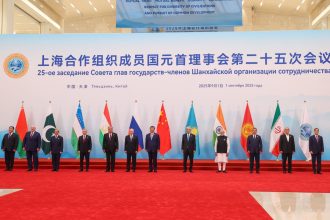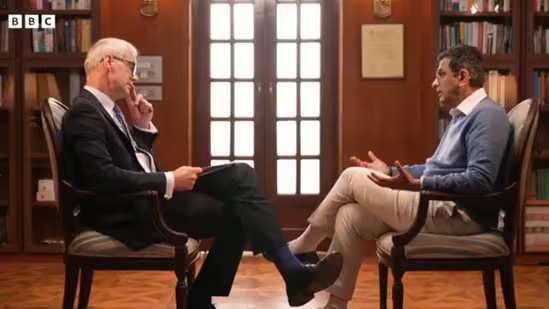Tamil Nadu chief minister MK Stalin has reiterated his stand against the discrimination meted out by the union government to opposition ruled states in distribution of central funds.
He also said that states are not given their rightful share and by rightful share he meant, in proportion to their contribution to the union revenue.
These are difficult issues, as they involve the core ideas of fiscal and resource federalism. Residuary taxation is a power that the union government has absolute control over.
After the rollout of gst system, state discretion in taxation is limited to liquor and petroleum, this means they are totally dependent upon central transfers for any additional scheme, they wish to start.
The 14th finance commission chairman is on record saying that prime minister modi tried to reduce the state share, which he couldn’t, and thereafter reduced central support for schemes.
The 16th finance commission has said that most states have demanded that the state share be increased to 50% and greater autonomy be given in raising revenues and borrowing.
The states are also angry over the rising cess and surcharges, which are not shared with the states, and have asked for a cap on them. The centralizing tendencies of modi government have created a federal mistrust, which can create grave political consequences in future.
The southern states have also raised the issue of differential distribution, wherein poor performing states like UP and Bihar are given larger central transfers creating a drag on the better performing states. This has serious implications on regional inequality and internal migration.
While the financial grievances cannot be solved immediately, the political conduct of the union like Hindi imposition, misuse of governors and central investigation agencies have increased the rift. This adds insult to injury.









